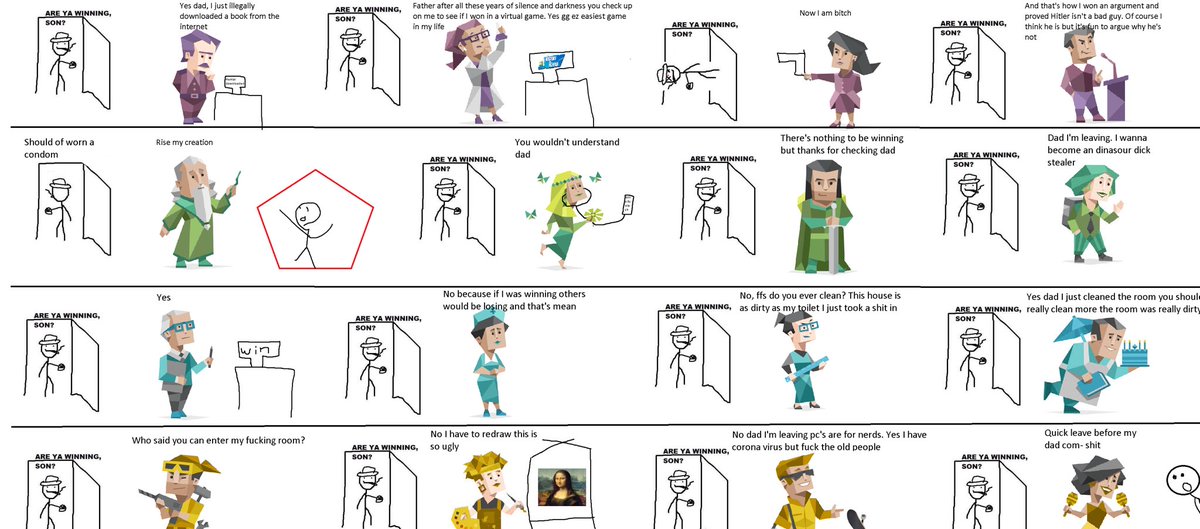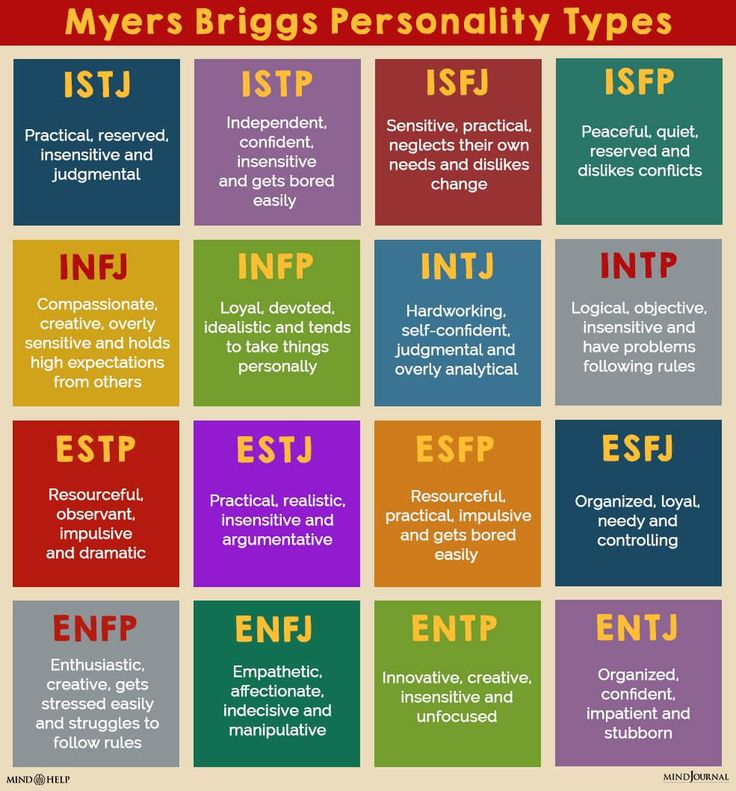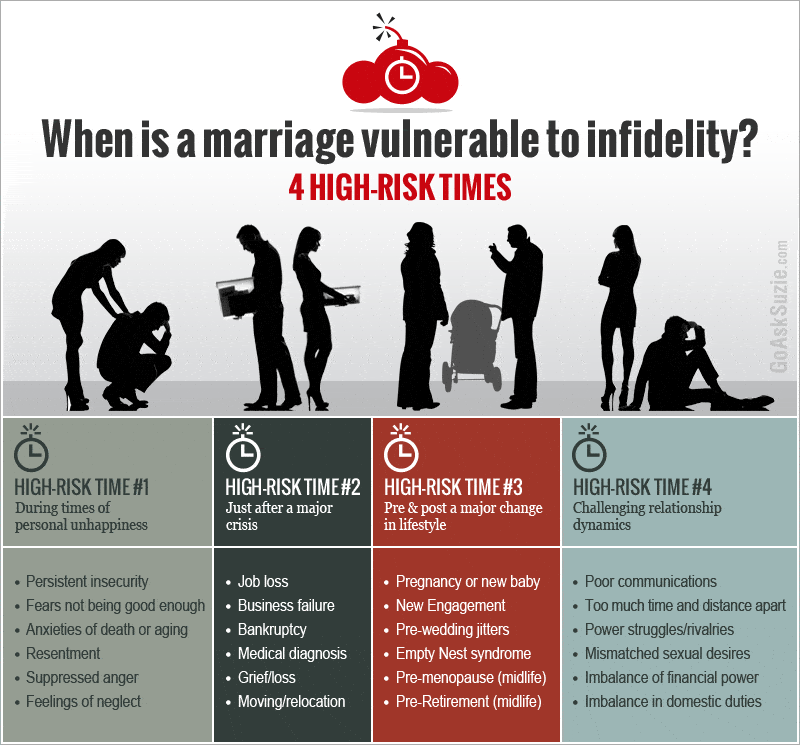Why do we yell when angry
5 Reasons Why Do We Shout When We Are Angry
Search
Quotes
Are you the type of person who raises your voice when angry?
Well, shouting is a reflection of your emotional instability and a way to show others that you are pissed off. To some, it relieves the pain and frustrations of not getting your point admitted.
Others do this when they cannot handle the situation, so they find yelling an act of releasing their anger. Because if not, they might explode, and all the anger that is kept can cause too much stress.
However, there are different reasons why people shout when they are angry. Check out the list below;
To vent out the anger.
Shouting when you’re mad helps you cope with your frustrations. It releases the negative energy that you can no longer handle. Others yell because they are unable to express their irritation and bitterness healthily.
Since a physical response is considered illegal, therefore other people yell to consume that furious energy.
- Advertisement -
Related: 6 Soothing Tips For Staying Calm When You Get Angry
They feel unheard.
Sometimes they get frustrated because they feel like no one is listening to them. It’s a manifestation of trying to be heard and the feeling of not being understood. It also gives them the authority to voice out what they feel and pay more attention to them.
They lose control.
It is alright to get angry over something, but it turns destructive and can be a problem when it gets out of control. Some people tend to shout when angry because they can no longer control the situation calmly. It also makes them feel as though they’re at the mercy of powerful and unpredictable emotions.
Related: 3 Tips to Stay Calm When You Feel Angry
They feel better after shouting.
Instead of trying to keep everything on your own, sometimes people shout to burst out the pain and emotion they feel. Imagine the frustration of having your entire life controlled and not being able to yell and be angry? The reality is, it’s better to shout when angry because having silent anger might end up in loads of things getting smashed on the ground or even self-harm. Learn to value your mental health.
Imagine the frustration of having your entire life controlled and not being able to yell and be angry? The reality is, it’s better to shout when angry because having silent anger might end up in loads of things getting smashed on the ground or even self-harm. Learn to value your mental health.
They lack confidence.
One many causes of shouting when angry is when they lack confidence. They feel insecure and jealous of things, so shouting is the only way to get through that feeling. They can’t express their true selves and are afraid that some might see their weaknesses.
They want to dominate
- Advertisement -
Some people shout when angry because they want to dominate the argument. They feel powerful when they yell and want to be heard at any cost. They are thirsty for authority and superiority. At this moment, nothing is more important to them than their ego. But later on, they will realize the situation could have been handled better if they had kept things cool.
Related: How to Deal With Short-tempered People
Shouting is a painkiller to some people. It is also an extreme form of response to different situations. Now, if you want to live happy and healthy, you should always take care of your emotions. As Benjamin Franklin said, “Well, Anger is never without reason, but seldom with a good one.”
Raising one’s voice to another person is aggressive. Yet human, act. But, relax and respond to the situation once everything is calm. Remind yourself that not all people can handle your emotions and respond nicely. Moreover, it is also important to be mindful of the reasons why some people yell when angry. I hope the list above helps you identify why.
- Advertisement -
- Advertisement -
- Advertisement -
Marriage
Why do we shout in anger?. Is it normal or needs our attention? | by Sanjay K Biswas | ILLUMINATION
Is it normal or needs our attention?
Photo by Noah Buscher on UnsplashShouting or yelling in anger is something everyone experiences in their lifetime. Some people do it regularly, but we are all guilty of it at some point in life.
Some people do it regularly, but we are all guilty of it at some point in life.
Most people shout because it is their coping mechanism when they are angry. This is how they vent their anger.
If we want to live a healthy and happy life, we must learn to control our anger and shouting.
This reminds me of a story, my mother would often tell me when I shouted in anger on someone, while I was young. This has a very different explanation of shouting associated with anger and had a deep impact on me.
A Hindu saint who was once visiting river Ganges to take a bath found a group of family members on the banks, shouting in anger at each other. He turned to his disciples, smiled, and asked.
‘Why do people in anger shout at each other?’
The disciples thought for a while, then one of them said, ‘Because we lose our calm, we shout.’
‘But, why should you shout when the other person is just next to you? You can as well tell him what you have to say softly,’ asked the saint.
The disciples gave some other answers but none satisfied the other disciples.
Finally, the saint explained, ‘When two people are angry at each other, their hearts distance a lot. To cover that distance they must shout to be able to hear each other. The angrier they are, the stronger they will have to shout to hear each other to cover that great distance.”
What happens when two people fall in love? They don’t shout at each other but talk softly because their hearts are very close. The distance between them is either nonexistent or very small…’
The saint continued, ‘When they love each other even more, what happens? They do not speak, only whisper and they get even closer to each other in their love. Finally, they need not even whisper, they only look at each other and that’s all. That is how close two people are when they love each other.’
Photo by Levi XU on UnsplashInitially, as a young boy in his twenties, I didn’t realize the actual importance of this story. I took my mother’s words lightly, until a day when an incident happened with me.
I took my mother’s words lightly, until a day when an incident happened with me.
One of my close friends borrowed my scooter for some urgent work. When he came back to return, I found it damaged. I was very possessive about my scooter and got wild to see it damaged.
I started shouting at him without listening and did not allow him to explain. I used insulting language. He tried to calm me down but to no avail. He too got angry and left in disgrace.
I was still disappointed with the damage to my scooter, however after sometime cooled down. I called my friend to find out what happened.
I came to know that he took the scooter to carry a person in his neighborhood to the hospital. On way, a dog suddenly came in front and both of them fell and were injured. He somehow managed to take the person to the hospital. The person was critical. He got him admitted and immediately came to return the scooter and wanted to tell me that he will get it repaired as soon as possible.
Long story short, this incident made me really ashamed of my behavior and I realized the moral of the story that our hearts distant a lot when we are angry. If I could behave like this with my good friend, then what can it be with unknown or less known persons?
I would summarize my realization as under -
- Never react without understanding the whole scenario
- Instead of reacting, respond to a situation
- Shouting does not help, it only worsen the situation
- Shouting is not good for our health
- Anger and shouting can spoil relationships
We should always take care of our emotions and avoid anger and shouting. The more we realize this, the more it’s better for us.
Few of my other stories, that you will find interesting. Click on the Title to read -
Why do we yell
Happy people don't yell. Shouting is always a distress signal. If you are used to expressing your emotions in this way, this is an occasion to think.
I was screaming today. For everyone. On the cat - for the fact that in a fit of cleanliness he scraped all the filler out of the pot. At the adored son, who does not look under his feet and dragged it all around the apartment. And even on the dog, which was spinning underfoot, making it difficult to get out. Then, as usual, sobbed because she was ashamed of her own intemperance and feel sorry for your ruined young life. While sobbing, I thought about the reasons for the cry.
“Happy people only scream in bed,” my Italian grandfather used to say. “In other situations, they just talk loudly.” Everyone in my family is noisy. We do everything loudly: rejoice, swear, put up. We turn a simple snack into a stormy feast, and when discussing the weather, we gesticulate in such a way that from the outside it may seem like a quarrel. Noisy, emotionally bright people do exist, but this is not about them. nine0007 It's about screaming as a way of expressing negative emotions.
Why are we yelling? Firstly, in an attempt to attract attention and finally convey my idea to those who do not hear. If we asked for something, warned or reminded a hundred times, shouting becomes the last resource to achieve the goal. How constructive this method is is another question. But in this situation, screaming = anger = retribution. We get angry at those who ignore us, and by shouting we try not only to draw attention to ourselves, but also to punish those who are guilty. nine0008
Secondly, we often yell to emphasize our importance. You know how the tree frog puffs up to look bigger? So are those who scream. We want to dominate. It seems like it will make us more important, more visible. In fact, this is of course not the case. Breaking down, we only sign our own weakness.
Indeed, sometimes we cry out from impotence. If a balloon filled with air is suddenly released while it deflates, it will make a loud sound. There we are. Having given up, realizing that our attempts to keep, convince or save were unsuccessful, we scream like that same balloon. nine0007 And then it's a cry of despair, a request for help, a hope that something else can be changed.
There we are. Having given up, realizing that our attempts to keep, convince or save were unsuccessful, we scream like that same balloon. nine0007 And then it's a cry of despair, a request for help, a hope that something else can be changed.
Subscribe to our Yandex Zen channel!
And, finally, scream in pain and shame - as if a cry can protect against disappointment, mitigate the bitterness of loss, balance injustice . We scream to warn of danger, to tell that we are on the verge, to somehow compensate for the pain tearing us apart from the inside.
My grandfather is right - happy people don't yell. Shouting is always a distress signal. If you are used to expressing your emotions in this way, this is a reason to think.published by econet.ru. nine0003
Victoria Keilin
Ask a question about the article here
And remember, just by changing your consciousness - together we change the world! © econet
Why do we get angry and yell at children?
Why does it happen that with bated breath we wait for the birth of our baby all 9 months, and then, when he does something that does not meet our expectations, we get angry at him?
One mother says that she loves her daughter very much and tries to create the best conditions for her life so that the baby does not need anything. She dreams that her daughter will grow up a self-confident and brave girl. But there are moments when something comes over her and she starts screaming at her daughter and stops when she sees the fear frozen in her eyes. nine0003
She dreams that her daughter will grow up a self-confident and brave girl. But there are moments when something comes over her and she starts screaming at her daughter and stops when she sees the fear frozen in her eyes. nine0003
She is followed by a terrible feeling of guilt that is slowly eating away at her from the inside. And every time she repeats to herself that she will never raise her voice at a child again. But time passes, she gets angry and screams again.
So why are we angry with the child?
1. Our requirements for a child
He must know the alphabet at 2 years old, draw a pirouette on skates at 3 years old, speak fluent Chinese at 4, and finish school with a gold medal at 13. Each mother considers her child the best and cannot accept when the baby does not meet the definition - a genius. nine0003
2. Parents want to have a “comfortable” child.
I have already written that movement for a child is life. And the fact that he is active is good. Think about when the baby usually moves little and behaves quietly? That's right, when he's sick. So you need to rejoice at the mobility of your child, and not be angry.
And the fact that he is active is good. Think about when the baby usually moves little and behaves quietly? That's right, when he's sick. So you need to rejoice at the mobility of your child, and not be angry.
3. Imitation of the parenting model.
One woman told how she was often punished as a child. And she wanted her children to avoid this fate. But she began to catch herself thinking that she herself creates situations in which the baby could be scolded. For example, he will unfold the pot so that the baby, getting up from the pot, touches the handle with his panties and spills the contents - a good reason to scold. For her, this is education, if you scold. And so her baby is very calm, there is nothing to complain about. nine0003
4. Vanity of parents.
Of course, it can be combined with the first paragraph, but I will still analyze it separately. The habit of comparing your child with others will not lead to anything good. In our society, this is especially developed: “But Ruslan already knows how, but you don’t”, “But Katya already does this and that.”
In our society, this is especially developed: “But Ruslan already knows how, but you don’t”, “But Katya already does this and that.”
Apparently, parents believe that in this way it is possible to motivate a child to achieve. But as a result, we have a sea of grievances that are not so easy to fix in adulthood. With such comparisons, children feel unloved and move away from their parents. nine0003
5. Our inability to plan our time.
We are late for kindergarten in the morning and take it out on the child: he quietly runs or says the wrong thing.
6. Desire to be exemplary parents.
“How are you behaving? What will people think of me that I raised you badly? Why do we treat the actions of other people's children more tolerantly than our own?
7. The so-called "take it out on someone" who comes to hand.
Problems at work - it gets to the household. Of course, you can’t yell at the boss much, but you can yell at your son. nine0003
One mother said: “How can you not shout at him, if I said once - he does not hear, said twice, and then screamed, and only after that he reacted ?!”. Imagine that you are engaged in a very interesting business, simply absorbed in it, you are in a fantasy world, and suddenly one of your loved ones starts yelling at you. What will you feel at this moment?
A mother is a whole world for a child. And when a mother starts to get angry at a child, intimidate and scream, it's like for an adult - the whole world is against me. Of course, there are situations when a child is in danger, may fall or eat something dangerous, a shout will come to the rescue, but screaming and hitting is too much. nine0003
It is very important for a child to be loved. And if the mother gets angry and screams, perhaps she shows love in this way, and the baby writes all this down on a subconscious level and then will implement it in life with her spouse and children.
So what to do?
There are cultures in the world (Northern Europe) where you can't yell at a child, where social guardianship can take a child away from the parents for the so-called slap. There, in relations between people, it is almost impossible to understand who is the minister and who is the worker - everyone is really equal. nine0003
And take the traditional eastern countries (Afghanistan and a number of other similar ones), where disobedience is beaten with sticks, and physical punishments are applied not only to children, but also to adults. Of course, it is difficult to say what is the cause and what is the effect, but there is definitely a connection: where there is less screaming and beating of children, there is a higher standard of living.
When you want to convey information to a child, then get down to his level, make eye contact, take his hands in your hands and say what you would like to say. If the baby cried, then say that the act that he did is bad, but not the baby himself. nine0003
And remember: it's normal for a child to make mistakes and learn from them.
After all, you want your child to grow into a viable adult, so you should not create greenhouse conditions for him.
In psychology, there is such a term "an acute lack of affection." Such children develop poorly not only psychologically, but also physically: they lag behind in body weight, often get sick. Kryazheva N. L. writes:
...for a child to grow up healthy and mentally balanced, it is necessary to constantly satisfy his need for gentle touches. nine0144Touching the skin affects the hypothalamus and leads to the production of prolactin and endorphin hormones and, as a result, to a decrease in aggression. This is a note to mothers whose babies fight and break toys.
Imagine that a stranger is shouting at your child with your own words.
How will you feel?If that doesn't work, ask your spouse to record you on video in anger. After such a viewing, perhaps the anger in you will decrease.
And one more thing, you shouldn't think that a two-year-old kid won't remember anything later. The science of psycholinguistics has conducted research and shown that there is a decoding of the language material received in early childhood.















